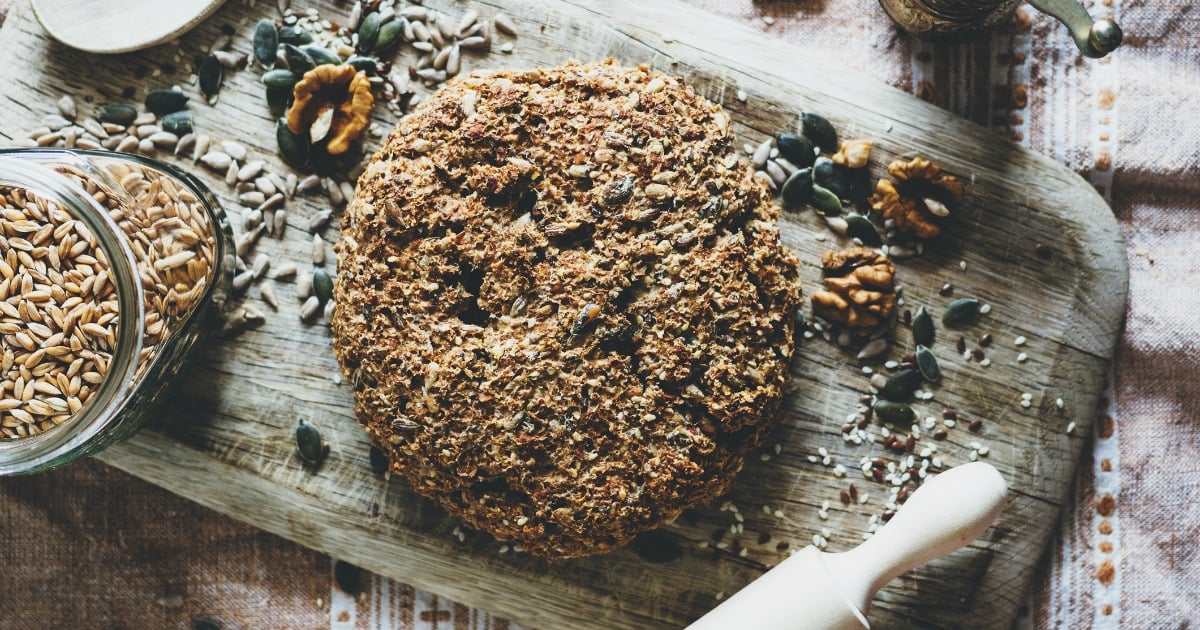We see it blasted across cereal boxes and vege chip packets and special loaves of bread.
It’s always written in earthy colours next to a blurb promising good health and zero bloating and enhanced energy levels. The ‘gluten free’ promise makes it that much easier to spend $4 on 75 grams of pretzels.
But now, research has shown that – unless you have coeliac disease – eating a gluten free diet might increase your risk of heart disease.
The study is called Long term gluten consumption in adults without coeliac disease and risk of coronary heart disease and was yesterday published in The BMJ medical journal.
It comes after a rise in popularity of gluten-free foods. For example, in 2014 the number of people in the US committing to a gluten-free diet tripled, even though the number of people diagnosed with coelic-disease remained stable.
“The popularity of a low gluten or gluten-free diet in the general population has markedly increased in recent years,” the report states.



Top Comments
"Going ‘gluten free’ when you don’t need to is linked to a huge health risk"
Correct, but for people that do actually need to.
Individuals that don't have medical reasons for needing to consume gluten free foods, but specifically request from food vendors that they do so, can cause food vendors to not take it seriously. Thus, creating a huge health risk for such individuals.
I don't eat specialized gluten-free processed foods, as I think most are unhealthy. But I do eat lot of naturally gluten-free foods that would be considered healthy for heart health. I am not coeliac. But I do avoid gluten, as it swells up my tummy, makes me feel depressed and causes fatigue and rashes. I don't care what these experts say. I know my own body better than they do.